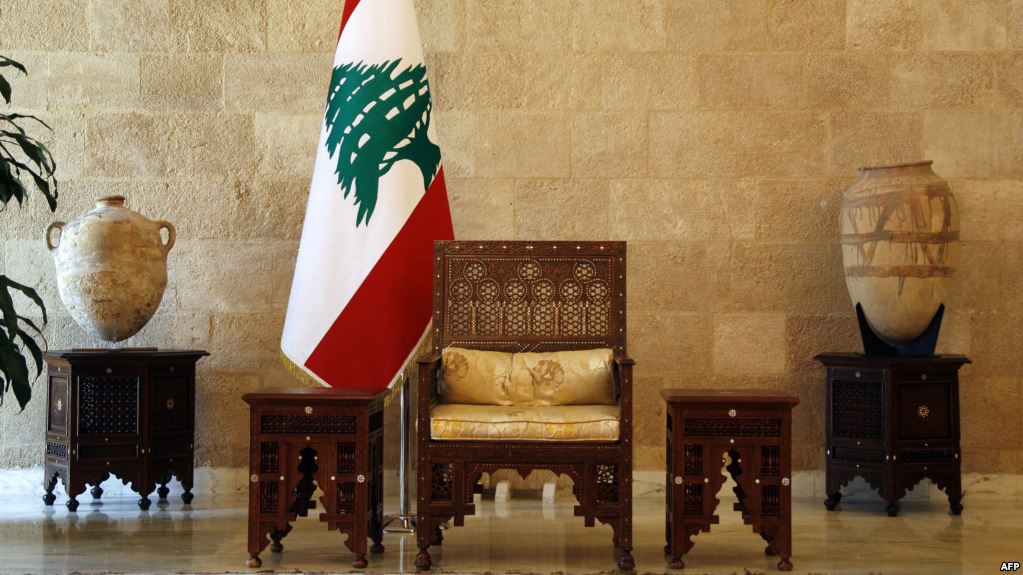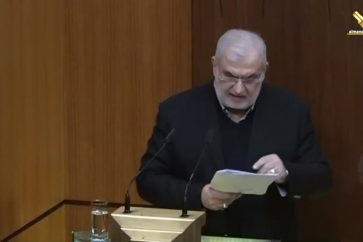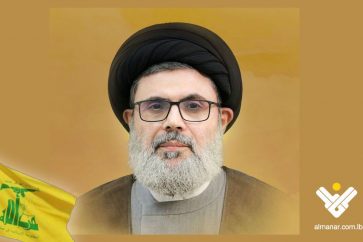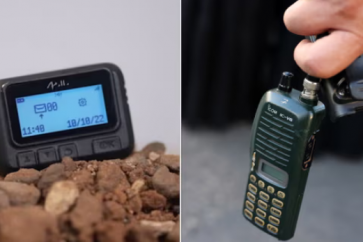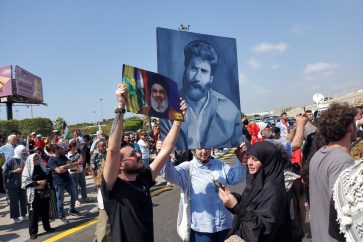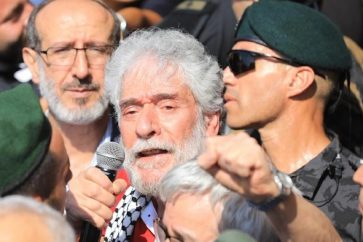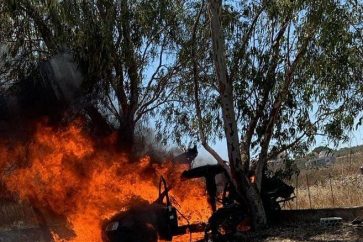In light of the end of President Michel Aoun’s term, a considerable period of presidential vacuum is expected to follow due to the political disputes among the various parties.
The presidential vacuum synchronizes with a constitutional conflict between the Free Patriotic Movement and the caretaker premier Najib Mikati about the powers of the caretaker government.
Mikati insists that the caretaker government can resume its activities and assume the powers of the presidency amid the rejection of the other party. However, Aoun signed the degree accepting the resignation of Mikati’s government, which may escalate the ongoing dispute.
The political rift among the various parties in Lebanon has so far prevented the parliamentary blocs from securing a majority for any presidential candidate.
House Speaker Nabih Berri decided to stop holding sessions to elect a new president till a certain consensus is reached, noting that he would call for a national dialogue session for this sake.
Hezbollah officials have always called for preventing the foreign interventions from affecting the presidential election process, warning that the US administration has plotted to impose a candidate that opposes the Resistance.
Head of Loyalty to Resistance parliamentary bloc, Hajj Mohammad Raad, said that the US administration is an arrogant tyrant that spreads woes everywhere, adding that it has decided to impose a new Lebanese president that opposes the Resistance.
MP Raad added that the US administration is provoking the foreign ambassadors to Lebanon in order to promote prevention of electing a president that acknowledges the right of the Resistance.
During the first four sessions, the Lebanese Forces and Progressive Socialist Party voted for Michel Moawwad who obtained an average of only 40 votes. However, the pro-Resistance alliance cast blank ballots, securing an average of 55 votes.
According to the Lebanese Constitution, in all the sessions that follow the first one, the minimum number of deputies who must attend the session is 86 and the winner candidate must obtain 65 votes.
Thus, the pro-Resistance alliance is closer to achieving the presidential election win which would be in need of sustaining and maintaining the political contacts in this regard.

Regarding the names of the candidates, the pro-Resistance alliance has not disclosed its choices; however, sustaining the political coverage for the Resistance requires electing a candidate who voices a clear support to the Resistance.
Candidates who exist in the grey area can never carry out the mission of protecting the Resistance that is protecting the entire nation from the Israeli enemy.
The US administration exerts heavy pressures on the Lebanese presidency whoever the president is. In 2000, US Secretary of State Madlin Albright tried to force Lebanon acknowledge the Blue Line as an international border in a phone call with the President Emile Lahoud whose patriotic affiliation and personal power made him switch off the telephone.
Thus, the political disputes and narrow interests in Lebanon can never be the criteria according to which the presidential elections will be held.
The strategic policy of preserving the Army-People-Resistance golden formula, which has protected the nation and its resources from all the enemies, must be the path of all the Lebanese officials, including the president of the republic.
Source: Al-Manar English Website

